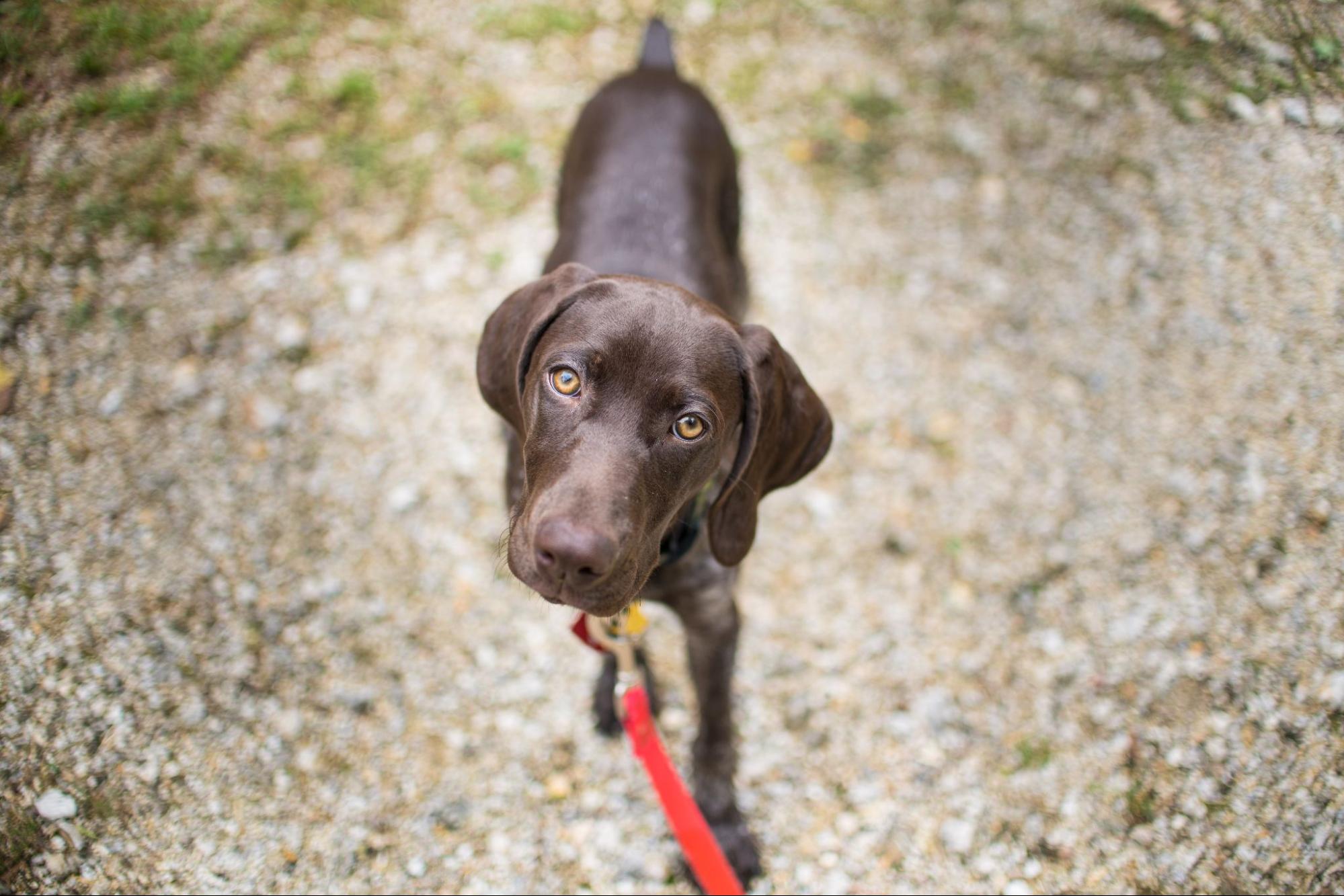How to Stop my Dog From Lunging at Other Dogs
As a dog owner, I understand the frustration and concern that can arise when your Labrador lunges at other dogs. It’s important to address this behavior promptly to ensure the safety of both your dog and others. In this article, I will provide you with effective strategies on how to stop your Labrador from lunging at other dogs.
Labradors are known for their friendly and social nature, but there can be various reasons why they may exhibit this lunging behavior. One common cause is fear or anxiety, which can result from past negative experiences or lack of proper socialisation. Other factors such as possessiveness over toys or food, a desire to establish dominance, or even excitement can also contribute to this behavior.
To tackle this issue, it’s crucial to identify the root cause behind your Labrador’s lunging behavior. This will help you tailor your approach accordingly. Whether it’s fear-based aggression or resource guarding, understanding the underlying trigger is essential in addressing the problem effectively.
In the following sections of this article, we’ll explore practical techniques and training methods that can help modify your Labrador’s behavior and ultimately stop them from lunging at other dogs. By implementing these strategies consistently and with patience, you’ll be able to foster positive interactions between your Labrador and other dogs while ensuring their safety and well-being. So let’s dive in!

Understanding the Behavior of Labradors
Labradors are a popular breed known for their friendly and outgoing nature. However, some Labradors may exhibit lunging behavior towards other dogs, which can be concerning for their owners. To effectively address this issue, it’s important to understand why Labradors lunge and how to stop this behavior.
1. Socialisation: One reason why Labradors may lunge at other dogs is a lack of proper socialisation during their early development stages. If a Labrador hasn’t been exposed to different dogs and environments, they may become anxious or defensive when encountering unfamiliar dogs.
2. Fear or Anxiety: Like humans, dogs can experience fear or anxiety in certain situations. A Labrador that lunges at other dogs may be displaying fear-based aggression as a response to feeling threatened or insecure. Identifying the underlying cause of fear or anxiety is crucial in addressing this behavior.
3. Protective Instincts: Labradors are known to have a strong protective instinct towards their owners and families. They might perceive other dogs as potential threats and exhibit lunging behavior as an attempt to defend their loved ones.
4. Lack of Training: Proper obedience training plays a significant role in preventing unwanted behaviors like lunging. If a Labrador hasn’t received consistent training from an early age, they may not understand appropriate social interactions with other dogs.
To help your Labrador overcome the tendency to lunge at other dogs, consider implementing these strategies:
- Socialise Early: Introduce your Labrador puppy to various people and well-behaved dogs in controlled environments from an early age.
- Positive Reinforcement: Use reward-based training techniques such as treats, praise, and playtime to reinforce desired behaviors when interacting peacefully with other dogs.
- Manage Exposure: Gradually expose your Labrador to new dog encounters while ensuring they feel safe and secure throughout the process.
- Seek Professional Help: If your Labrador’s lunging behavior persists despite your efforts, consult a professional dog trainer or animal behaviorist for tailored guidance.
Remember, each Labrador is unique, and addressing lunging behavior requires patience, consistency, and understanding of their individual needs. With proper training and socialisation, you can help your Labrador become a well-behaved companion in the presence of other dogs.